Why Spain is a great place for kids
Choosing the city that's right for you
Choosing the visa that's right for you
More than just great weather
Why Spain provides a better quality of life
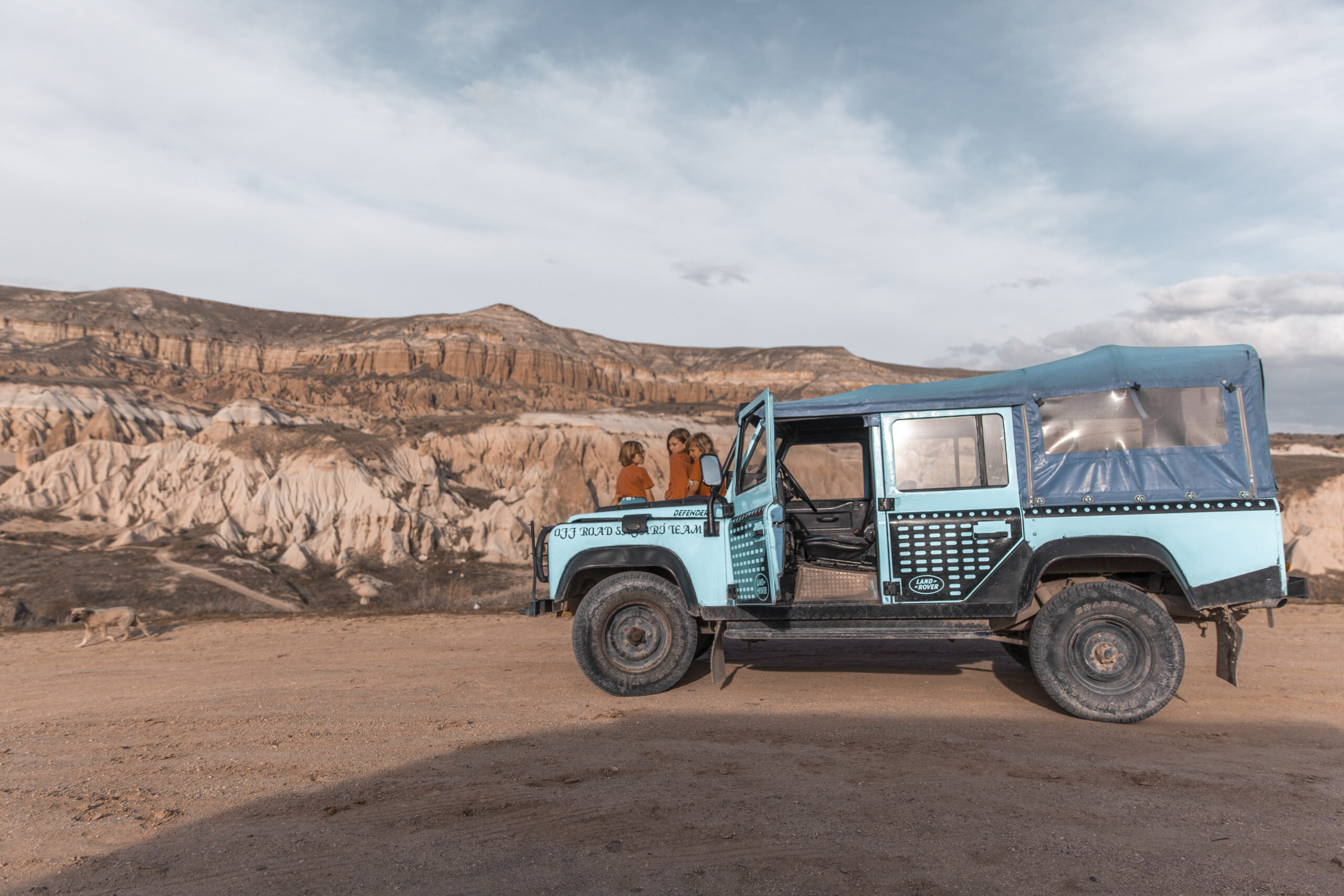
How we Plan
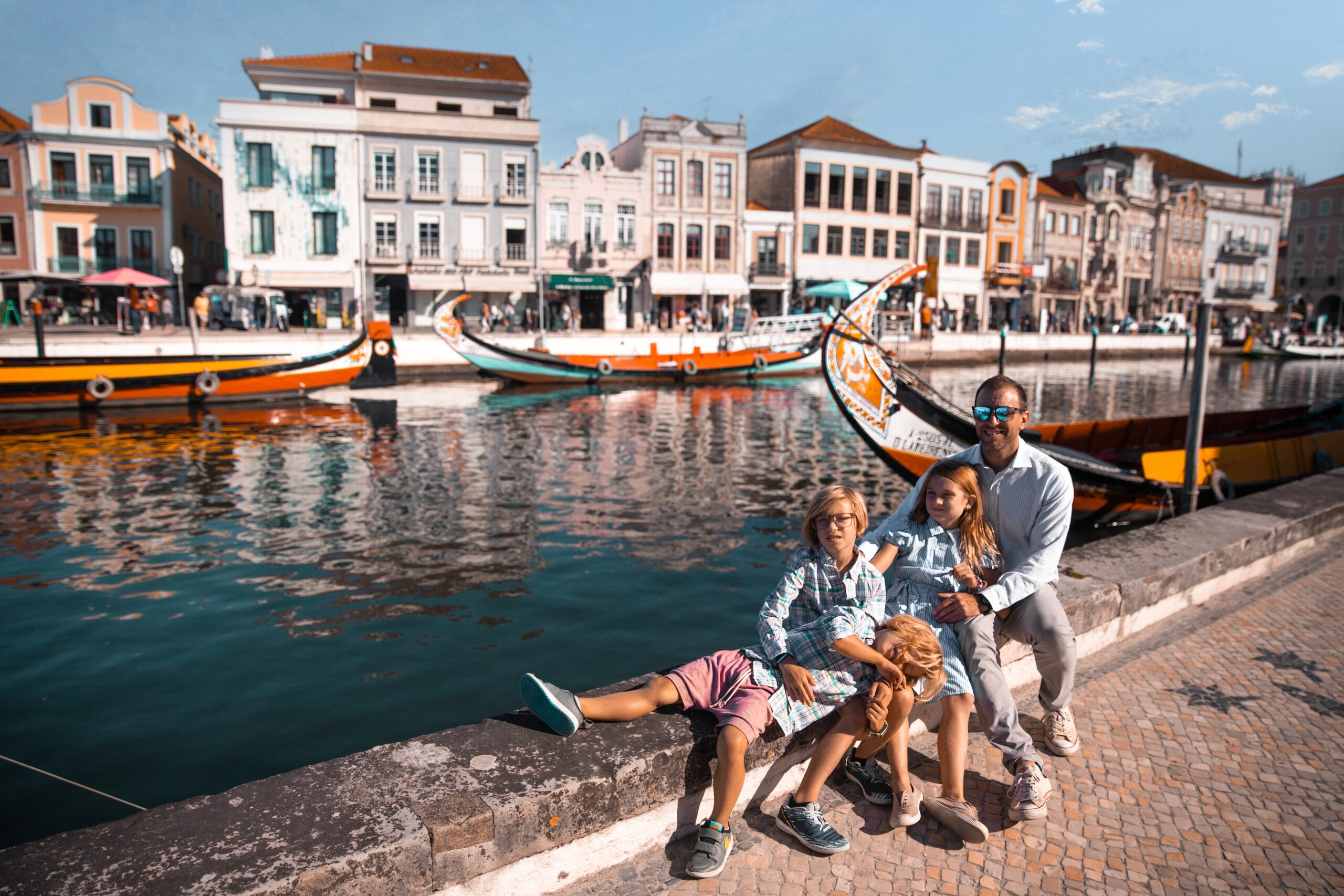
What we pack
Choosing Travel Insurance
Book Your Hotel
with Booking.com
Book Your Car
with RentalCars.com
Book Your Flight
with Skyscanner.com
Book Your Tour
with GetYourGuide.com
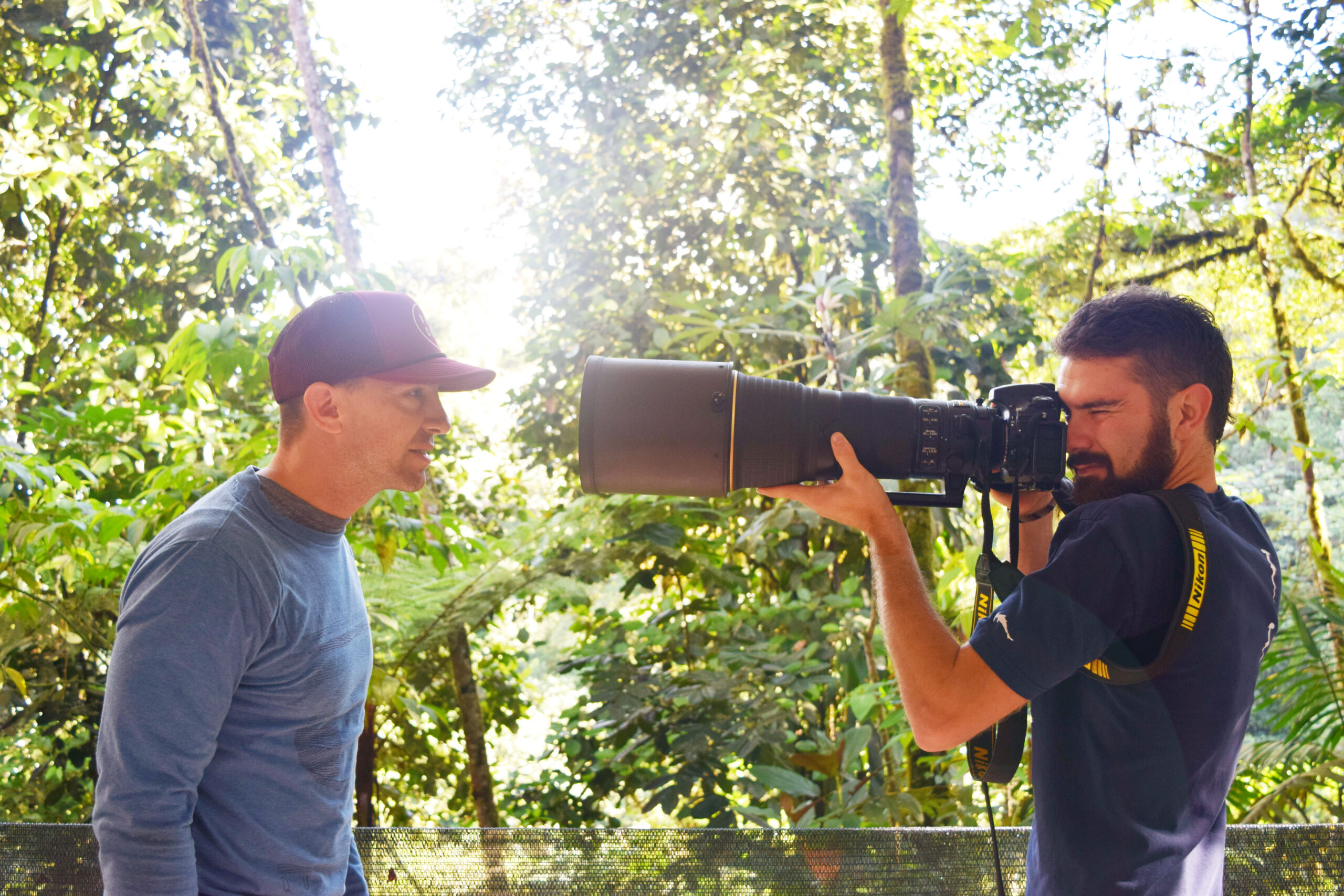
Our Camera Gear
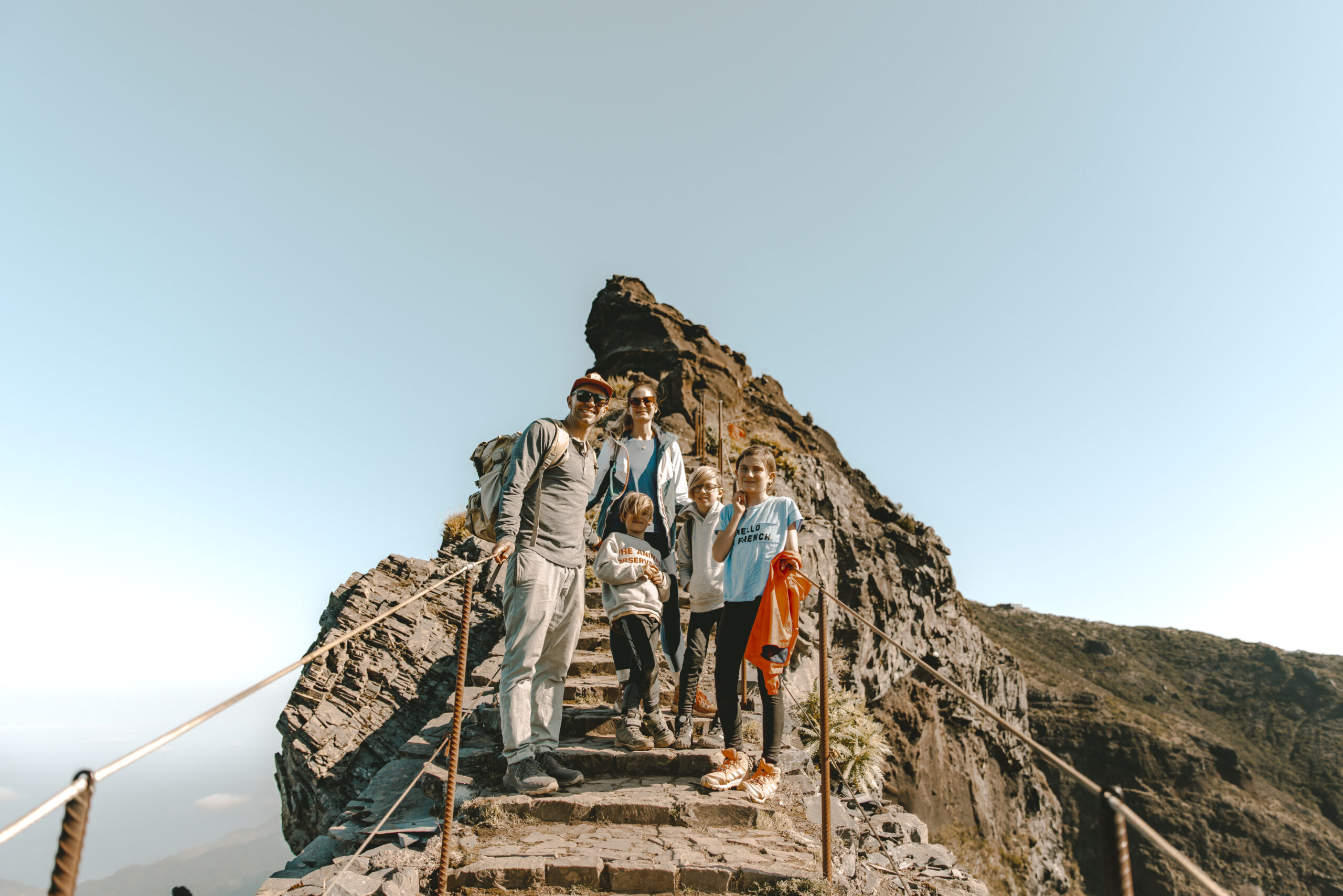
How We Fly
Choosing Your Destination
Guide to...
Egypt
Egypt, a timeless cradle of civilization, invites travelers to step into a world where ancient wonders meet vibrant cultures.
- Cairo
- Luxor
- Aswan
- Philae
- Nubian Village
- Mount Sinai
- Dahab
Map
Weather
Itineraries
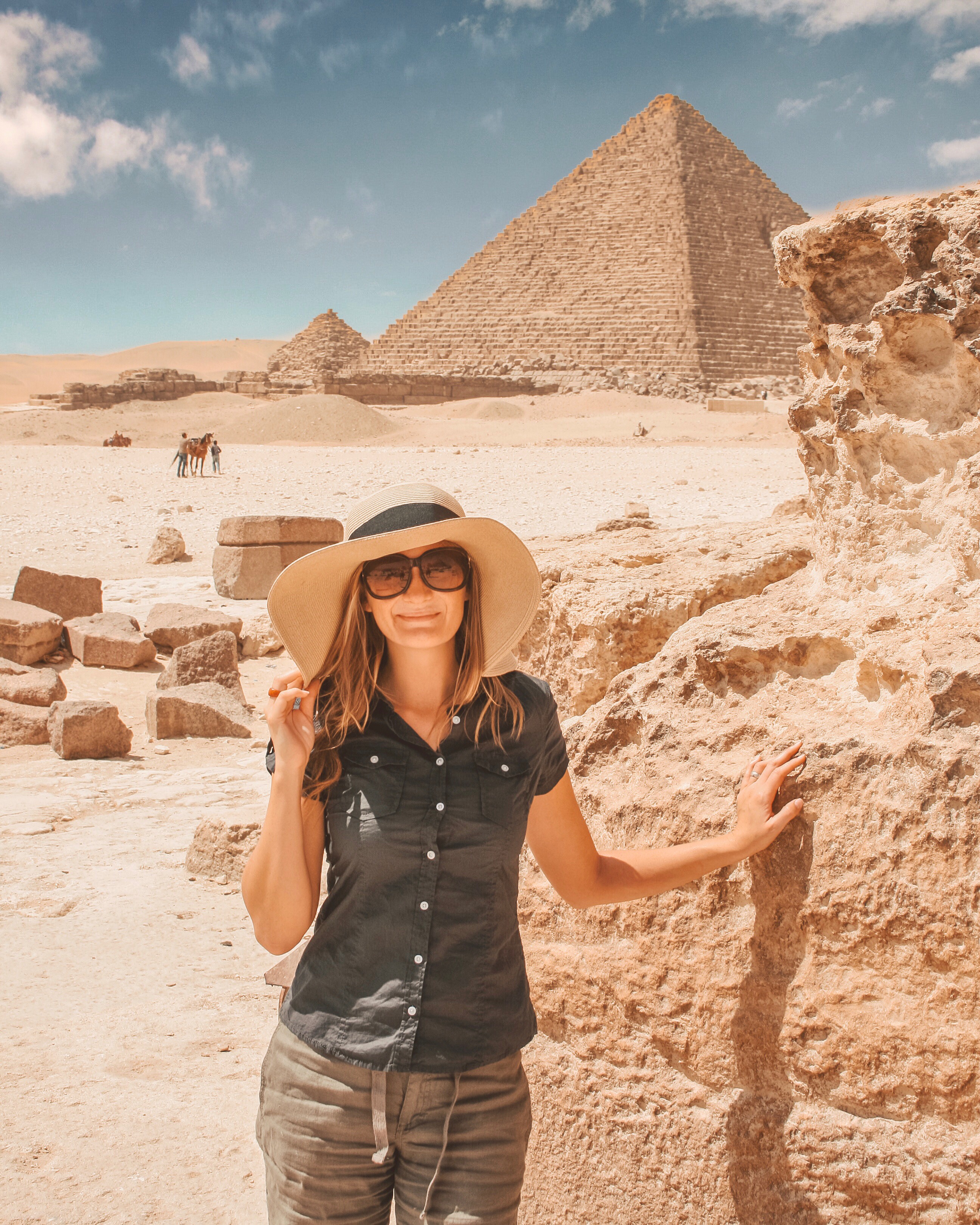
Coming Soon...
cairo
Top Five Restaurants in cairo
Abou El Sid is a beloved staple in Cairo, offering a rich taste of traditional Egyptian cuisine in a cozy, vintage setting. With its diverse menu featuring classic dishes like molokhia and koshari, it’s a perfect spot for those seeking authentic flavors.
Sequoia provides a unique dining experience with its picturesque location on the banks of the Nile. Known for its Mediterranean and Middle Eastern fusion cuisine, this open-air restaurant offers a tranquil ambiance ideal for enjoying dishes like grilled meats and seafood while watching the sunset.
Zooba has revolutionized Egyptian street food by offering a modern twist on traditional favorites. Their colorful and vibrant setting matches the creativity of dishes such as taameya and hawawshi, making it a must-visit for both locals and tourists.
Osmanly, located within the Kempinski Nile Hotel, brings the opulence of Ottoman cuisine to Cairo. With an elegant atmosphere and dishes like lamb shank and baklava, it’s an ideal choice for those looking to indulge in a luxurious dining experience.
Named after the Nobel laureate, Naguib Mahfouz Cafe offers an immersive experience in the heart of Khan El Khalili bazaar. It combines traditional Egyptian dishes with a historical ambiance, perfect for enjoying meals like stuffed pigeons and kunafa amidst the bustling market.
Top Five hotels in cairo
Located on the banks of the Nile River, the Four Seasons Hotel Cairo at Nile Plaza offers luxurious accommodations with stunning views of the river and the city. Known for its impeccable service, the hotel features elegant rooms, multiple dining options, and a world-class spa, making it a perfect choice for travelers seeking comfort and elegance.
The Nile Ritz-Carlton, Cairo, is an iconic hotel situated between the Nile River and Tahrir Square. It boasts spacious rooms with luxurious furnishings, a rooftop pool with panoramic views, and a variety of dining options. The hotel’s prime location makes it an excellent base for exploring Cairo’s historic landmarks.
The Kempinski Nile Hotel offers a blend of contemporary design and traditional luxury. Located in the Garden City district, the hotel provides guests with plush accommodations, gourmet dining experiences, and a serene rooftop pool. Its central location allows easy access to Cairo’s top attractions.
Sofitel Cairo Nile El Gezirah is a luxurious hotel located on an island in the Nile River. It offers beautifully appointed rooms with stunning river views, a variety of dining options, and an outdoor infinity pool. The hotel’s tranquil setting provides a relaxing retreat amidst the bustling city.
InterContinental Cairo Semiramis, situated on the banks of the Nile, combines modern comfort with Egyptian hospitality. The hotel features elegant rooms, several restaurants and bars, and an outdoor pool. Its prime location near Cairo’s cultural and historic sites makes it an excellent choice for both leisure and business travelers.
dahab
Top Five Restaurants in dahab
Located in the heart of Dahab, Shark Restaurant is renowned for its fresh seafood and stunning views of the Red Sea. The menu features a variety of Mediterranean dishes, with an emphasis on locally sourced ingredients. The relaxed atmosphere and friendly staff make it a popular spot for both locals and tourists.
Ali Baba Restaurant offers a blend of Middle Eastern and Mediterranean cuisines, with a focus on traditional Egyptian dishes. The rooftop dining area provides a picturesque view of the Gulf of Aqaba, making it an ideal spot for a romantic dinner or a family meal.
Known for its vibrant nightlife and lively atmosphere, Yalla Bar is a great place to enjoy a casual meal and a few drinks. The menu features a mix of international and local dishes, with plenty of vegetarian options. The bar also hosts live music and events, making it a popular evening destination.
Eel Garden is a charming beachfront restaurant offering a range of seafood and Egyptian specialties. The open-air seating and laid-back ambiance make it a perfect spot for a leisurely lunch or a sunset dinner. The restaurant is named after the nearby Eel Garden dive site, famous for its underwater eels.
Red Cat is a cozy restaurant with a menu that spans from hearty breakfasts to delicious dinners. Known for its homemade bread and cakes, it’s a favorite among visitors looking for comfort food. The friendly atmosphere and attentive service ensure a pleasant dining experience.
Top Five hotels in dahab
Nestled in the heart of Dahab, Tranquilo Boutique Hostel offers a vibrant and cozy atmosphere perfect for travelers seeking a blend of comfort and adventure. With its charming decor, friendly staff, and convenient location near local attractions, this hostel is an ideal choice for backpackers and solo travelers. Enjoy the relaxed vibes, communal spaces, and the opportunity to meet fellow adventurers in a truly tranquil setting.
Swiss Royal Dahab combines Swiss hospitality with Egyptian charm to provide guests with a luxurious stay. This hotel boasts well-appointed rooms with stunning sea views, an on-site restaurant serving delectable cuisine, and a serene pool area perfect for unwinding. Whether you’re in Dahab for diving, sightseeing, or relaxation, Swiss Royal Dahab ensures a memorable and comfortable experience.
For those looking for a more private and exclusive stay, Villa 22 offers the perfect retreat. This elegant villa features spacious rooms, a private garden, and a refreshing pool. Its tasteful decor and modern amenities create a home-away-from-home ambiance, making it ideal for families or groups of friends. Located close to Dahab’s pristine beaches and vibrant markets, Villa 22 provides a serene escape with easy access to local attractions.
Al Deira Dahab Hotel is renowned for its warm hospitality and excellent service. The hotel offers comfortable rooms equipped with modern conveniences, an inviting pool, and a terrace with panoramic views of the Red Sea. Guests can enjoy easy access to the town’s best diving spots and cultural sites, making it a great base for exploring Dahab. The hotel’s friendly staff and cozy atmosphere ensure a delightful stay.
Elite Residence Dahab is the epitome of contemporary elegance and comfort. This hotel features stylishly designed rooms with breathtaking views, a fitness center, and an exquisite restaurant offering a variety of international and local dishes. With its prime location, guests can easily explore Dahab’s natural beauty and vibrant nightlife. Elite Residence Dahab promises a sophisticated and relaxing experience for all its guests.
FAQ's
What are the main things to do with kids in Egypt?
Egypt offers a variety of activities and experiences that can be enjoyed by families with children. Here are some of the main things to do with kids in Egypt:
1. Visit the Pyramids and the Sphinx: The ancient pyramids of Giza and the Sphinx are iconic landmarks that can captivate children’s imagination.
2. Explore the Egyptian Museum: The museum in Cairo houses an extensive collection of ancient Egyptian artifacts, including mummies and treasures from Tutankhamun’s tomb.
3. Take a Nile River cruise: Many cruises offer family-friendly activities and stops at historical sites along the river.
4. Visit the Karnak and Luxor Temples: These impressive ancient temples can be educational and awe-inspiring for kids.
5. Enjoy the beaches: Egypt’s Red Sea coast, particularly in Sharm El Sheikh and Hurghada, offers family-friendly resorts with beaches, water sports, and snorkeling opportunities.
6. Discover the Alexandria Library: The modern Bibliotheca Alexandrina is a marvel of architecture and learning, with a planetarium and children’s library.
7. Go on a desert adventure: Take a camel ride, visit a Bedouin village, or explore the desert landscape in a guided tour.
8. Visit the Abu Simbel Temples: These massive rock-cut temples are an incredible sight and can be a memorable experience for kids.
9. Explore the Khan el-Khalili bazaar: Older children may enjoy browsing the colorful stalls and shops in this historic Cairo market.
10. Visit the Valley of the Kings: This ancient burial ground near Luxor can be an educational and exciting experience for children interested in history and archaeology.
Remember to take necessary precautions to protect your family from the heat, and consider hiring a reputable guide to navigate the sites and ensure a safe and enjoyable experience.
What is Egypt famous for?
Egypt is famous for many things, including:
1. The Pyramids: The ancient pyramids, especially the Great Pyramids of Giza, are iconic symbols of Egypt and are among the most famous landmarks in the world.
2. Ancient Egyptian Civilization: Egypt is known for its rich and fascinating ancient civilization that spanned thousands of years, leaving behind incredible monuments, art, and a lasting cultural legacy.
3. The Nile River: The world’s longest river, the Nile, has been the lifeblood of Egypt for millennia, providing water for agriculture and serving as a vital transportation route.
4. Hieroglyphs: The ancient Egyptian system of writing using symbols and pictures is widely recognized and associated with Egypt.
5. Mummies: The ancient Egyptian practice of mummification, preserving the bodies of the deceased for the afterlife, has captured the world’s imagination for centuries.
6. Cleopatra: The last active ruler of the Ptolemaic Kingdom of Egypt, Cleopatra, is a famous historical figure known for her intelligence, political savvy, and relationships with Julius Caesar and Mark Antony.
7. The Suez Canal: This crucial shipping route connecting the Mediterranean Sea to the Red Sea is a significant source of revenue for Egypt and a vital global trade link.
8. Egyptian Cotton: Egypt is famous for producing high-quality cotton, which is used to make luxurious textiles and clothing.
9. Islamic Architecture: Egypt boasts many stunning examples of Islamic architecture, such as the Al-Azhar Mosque and the Ibn Tulun Mosque.
10. Red Sea Resorts: Popular tourist destinations like Sharm El Sheikh and Hurghada are famous for their beautiful beaches, clear waters, and excellent diving and snorkeling sites along the Red Sea coast.
What power plug type does Egypt use?
Egypt primarily uses two types of electrical outlets and plugs:
- Type C: This is the most common type, featuring two round pins. The plug is also known as the “Euro plug” and is widely used across Europe, South America, and Asia. The outlets and plugs are rated for 220V at 50Hz.
- Type F: Also known as the “Schuko plug,” this type has two round pins with earth clips on the side. It is also rated for 220V at 50Hz and is compatible with Type C plugs.
Less commonly, you might also find:
- Type D: This plug has three large round pins in a triangular pattern. It’s rated for 220V at 50Hz and is mainly used for high-wattage appliances.
To ensure compatibility, it’s best to carry a universal adapter that can accommodate various plug types. Also, check if your electronic devices are dual voltage (110V-220V) or if you need a voltage converter for 110V devices. Most modern cellphone chargers and laptop power adapters are dual voltage, but it’s always a good idea to double-check before your trip.
Is Egypt safe?
Egypt is generally considered a safe country for tourists, but like any other destination, it has some risks that visitors should be aware of. The main concerns are:
1. Political instability: While Egypt has been relatively stable in recent years, political protests and demonstrations can occur, particularly in major cities like Cairo and Alexandria.
2. Terrorism: Although rare, terrorist attacks targeting tourists have occurred in Egypt in the past, particularly in the Sinai Peninsula.
3. Crime: Petty crimes such as pickpocketing and purse snatching can occur in crowded areas and tourist sites. Scams targeting tourists are also common.
4. Traffic: Road conditions and driving habits in Egypt can be challenging, with high accident rates. It’s recommended to avoid driving and use reputable taxi services or arranged transportation instead.
5. Health: Travelers may experience stomach issues from food and water. It’s essential to drink bottled water and be cautious when eating street food or at local establishments.
To ensure a safe trip, consider the following:
1. Check your government’s travel advisories for the most up-to-date information on safety and security in Egypt.
2. Book accommodations and tours through reputable companies.
3. Be aware of your surroundings and avoid demonstrations or large gatherings.
4. Keep valuable belongings secure and be cautious when approached by strangers.
5. Respect local customs and dress modestly, especially when visiting religious sites.
Overall, millions of tourists visit Egypt each year without incident. By taking necessary precautions and staying informed, you can have a safe and enjoyable trip to this fascinating country.
What do I need to know about planning a trip to Egypt?
When planning a trip to Egypt, there are several important things to consider:
1. Visa requirements: Many nationalities can obtain a visa upon arrival at the airport, but it’s best to check with your local Egyptian embassy or consulate for the most up-to-date information.
2. Best time to visit: Egypt is hot and dry most of the year. The best times to visit are between October and April when temperatures are milder. Peak season is from December to February.
3. Accommodations: Egypt offers a wide range of accommodations, from budget hostels to luxury resorts. Book in advance, especially during peak season.
4. Transportation: Domestic flights, trains, and buses connect major cities. Taxis and ride-hailing apps are available in cities. For Nile cruises, book through reputable companies.
5. Guided tours: Consider hiring a reputable guide or joining a tour group to navigate the country’s many historical sites and to handle logistics.
6. Language: Arabic is the official language, but many Egyptians in the tourism industry speak English.
7. Currency: The Egyptian Pound (EGP) is the official currency. Exchange money at banks or authorized currency exchange offices.
8. Clothing: Dress modestly, especially when visiting religious sites. Lightweight, loose-fitting clothing is best for the hot climate.
9. Health: Make sure your routine vaccinations are up to date. Bring sunscreen, a hat, and insect repellent. Drink only bottled water and be cautious with street food.
10. Cultural etiquette: Respect local customs and traditions. Ask permission before taking photos of people. Haggling is common in markets and bazaars.
11. Tipping: Tipping, or “baksheesh,” is expected in Egypt for various services, including in restaurants, hotels, and for tour guides and drivers.
By doing your research, booking through reputable companies, and being respectful of local customs, you can have a safe and memorable trip to Egypt.
What is the most effective way to travel in Egypt?
The most effective way to travel in Egypt depends on your specific itinerary, preferences, and budget. Here are some common options:
1. Domestic flights: Egypt has a well-connected domestic air network, with flights between major cities like Cairo, Luxor, Aswan, and Sharm El Sheikh. This is the quickest and most convenient way to cover long distances within the country.
2. Trains: Egypt’s rail network connects major cities and can be a comfortable and scenic way to travel. The best options are the air-conditioned express trains, such as the “Daytime Express” between Cairo and Luxor or Aswan.
3. Nile River cruises: A popular way to explore the highlights along the Nile is by taking a river cruise between Luxor and Aswan. These cruises typically last 3-7 nights and include stops at major temples and sites.
4. Private car and driver: Hiring a private car and driver can be a convenient and flexible way to explore the country, especially if you’re traveling with a group or family. Make sure to book through a reputable company.
5. Taxis and ride-hailing apps: In cities like Cairo and Alexandria, taxis and ride-hailing apps like Uber and Careem are widely available and can be an effective way to get around.
6. Buses: Long-distance buses connect major cities and can be a budget-friendly option. However, they may be less comfortable and take longer than other modes of transportation.
7. Guided tours: Joining a guided tour can be an efficient way to see the highlights of Egypt, as the logistics and transportation are handled for you. Look for reputable tour companies and read reviews before booking.
Ultimately, a combination of these options may be the most effective, depending on your specific travel plans. For example, you might fly between distant cities, take a Nile River cruise, and use taxis or private cars for local transportation and day trips.
Are there any travel restrictions for Egypt?
- COVID-19 restrictions: During the pandemic, Egypt implemented various measures such as requiring proof of vaccination, negative PCR tests, or quarantine for incoming travelers. These requirements have varied over time, so it’s essential to check the most up-to-date information from official sources before your trip.
- Visa requirements: Visa requirements for Egypt depend on your nationality. Some nationalities can obtain a visa upon arrival, while others need to apply for a visa in advance. Check with your local Egyptian embassy or consulate for the most accurate information.
- Travel advisories: Some governments issue travel advisories for their citizens based on safety and security concerns. Check your government’s official travel advice for Egypt before planning your trip.
- Regional instability: In recent years, some areas of Egypt, particularly the North Sinai region, have been subject to travel advisories due to security concerns. Stick to the main tourist areas and follow the advice of local authorities and your government’s travel guidelines.
- Proof of onward travel: In some cases, immigration officials may ask for proof of onward travel or sufficient funds to support your stay in Egypt.
What are the top destinations in Egypt?
Egypt has many incredible destinations that showcase its rich history, vibrant culture, and stunning natural beauty. Here are some of the top destinations in Egypt:
1. Cairo: The capital city is home to the iconic Pyramids of Giza, the Sphinx, and the Egyptian Museum, which houses the world’s largest collection of ancient Egyptian artifacts.
2. Luxor: Often called the “world’s greatest open-air museum,” Luxor boasts the Valley of the Kings, the Karnak Temple Complex, and the Luxor Temple.
3. Aswan: This city in southern Egypt is known for its beautiful setting along the Nile, the Philae Temple, and the nearby Abu Simbel temples.
4. Alexandria: Founded by Alexander the Great, this coastal city is home to the modern Bibliotheca Alexandrina, the Citadel of Qaitbay, and several Roman ruins.
5. Hurghada: This popular Red Sea resort town is known for its beautiful beaches, world-class diving and snorkeling, and vibrant nightlife.
6. Sharm El Sheikh: Another popular Red Sea destination, Sharm El Sheikh offers stunning beaches, excellent diving, and a variety of water sports.
7. Nile River Cruise: Taking a cruise along the Nile between Luxor and Aswan is a classic way to experience Egypt’s ancient wonders and scenic beauty.
8. Siwa Oasis: This remote oasis in the Western Desert is known for its unique culture, ancient ruins, and stunning natural landscapes.
9. Dahshur: Home to the Bent Pyramid and the Red Pyramid, Dahshur offers a less-crowded alternative to the Giza Pyramids.
10. Saqqara: This ancient necropolis is home to the Step Pyramid of Djoser, one of the oldest pyramids in Egypt, and several other important tombs and monuments.
These destinations offer a mix of historical, cultural, and natural attractions that showcase the best of what Egypt has to offer.

